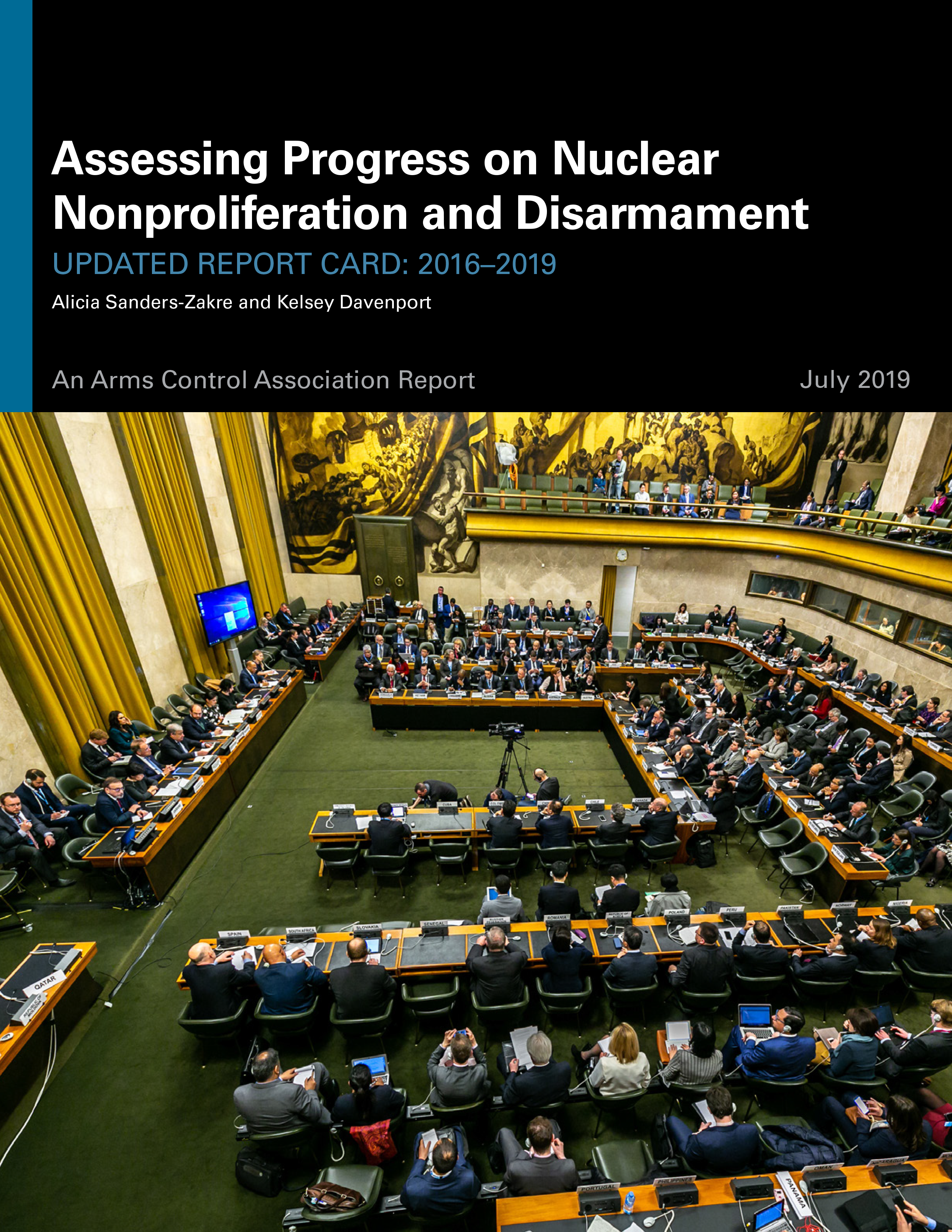
This report is the fourth
in a series that assesses the extent to which 11 key states are fulfilling,
promoting, or undermining 10 standards identified as critical elements of the
nonproliferation and disarmament regime during the period between 2016 and June
2019.
Collectively, states
fared worse on the majority of criteria when compared with the prior edition,
which covered the 2013–2016 period.
While there have been
some modest gains on safeguards, there has been significant backsliding on the
standards related to arms control and risk reduction. All states with nuclear
weapons are taking steps to invest in new delivery systems and several are
expanding the role of nuclear weapons in their security doctrines.
These findings raise
concerns that the risk of nuclear use is increasing and that critical
nonproliferation and disarmament norms are eroding.
Some findings covering in
more detail in the full report:
- All of the states that possess nuclear weapons
failed to make progress in reducing their nuclear arsenals over the course
of this report, including Russia and the United States.
- Several states—China, India, Pakistan, and North
Korea—expanded their arsenals over the period assessed in this report.
- Of the 11 states assessed in this report, the
overall grades for the United States and Russia dropped the most, and both
states expanded the circumstances under which they would use nuclear
weapons.
- Several states, including India and Pakistan,
have taken actions that led to increased alert levels for their nuclear
forces. Several of the nuclear-weapon states also earned lower grades for
opposing UN resolutions calling for lower alert levels.
- States failed to strengthen negative security
assurances during the timeframe of this report.
- Until June 2019, Iran continued to abide by the
2015 multilateral nuclear deal, known as the Joint Comprehensive Plan of
Action (JCPOA), despite the U.S. decision to withdraw from the agreement
and reimpose sanctions on Tehran in May 2018.
- France and the United Kingdom each earned the
highest overall grades in this report card.
- North Korea continues to fare the worst of the
eleven states for the fourth consecutive report card, though it did
nominally improve on certain criteria.
- There were few changes from the 2016 report in
the grades on banning nuclear testing, with one notable exception being
the U.S. grade.
- The grades for all eleven states in the category
of ending fissile material production for nuclear weapons remained
unchanged from the prior three versions of this report.
- With only three exceptions, the majority of
states measured continue to adhere to strong nuclear security practices
and measures to prevent the illicit trafficking of nuclear or
missile-related materials.
No comments:
Post a Comment
Note: Only a member of this blog may post a comment.